|
In this Let People Prosper episode, let's discuss my recent trip to Washington D.C., where I spoke at the American Legislative Exchange Council's meetings about the importance of institutions and did an interview with Freedomworks, and then discussed the federal budget with Russ Vought, who is the Deputy Director of the White House's Office of Management and Budget. Let's also discuss the latest economic reports about the continued strength of the U.S. economy in terms of GDP growth and personal income, and examine trade issues being discussed at the G-20 Summit. Below are a few pictures from my recent trip to D.C.
0 Comments
Below is the file for my presentation before the American Legislative Exchange Conference's Fiscal Policy Reform Working Group in Washington, D.C. This presentation is based on my TPPF research paper titled "Do Institutions Matter for Prosperity in Texas and Beyond."
I've also provided a more in-depth presentation in this episode of my YouTube series "Let People Prosper" at the channel "Vance Ginn Economics." In this Let People Prosper episode, let's discuss the news circling social media about the meaning of work and how government should influence it.
I make the case that work is essential, as God commanded us to "be fruitful and multiply," but that doesn't mean the government should get involved. In fact, we satisfy our desires to have leisure and consume by working, so we should find something we are great at and develop a passion for it over time. If the government picks winners and losers, those opportunities will be fewer and we will all be poor in the process. Per the valuable discussions about loneliness, tribalism, and work by U.S. Senator Ben Sasse in his book Them, Jonah Golberg in his book Suicide of the West, Oren Cass in his recent book Once and Future Worker, Arthur Brooks in his recent NYT op-ed, and Brad Wilcox in his recent WSJ op-ed (recommend reading them all), my recent commentary at the Institute for Family Studies builds on my recent research paper on how we can help heal our fractured society by limiting govt, not by expanding it. Texas has provided a relatively consistent model of limited government that has long-supported prosperity, which is supported by the most recent latest state-level jobs report. While there are attempts to increase the size and scope of government to reduce or eliminate social ills and encourage work, a major problem is a decline of strong inclusive institutions of the family and capitalism as extractive institutions of bureaucrats & socialism cut deep into the flesh. By strengthening inclusive institutions, civil society can heal and government can return to preserving liberty. A suggested policy recommendation by others, like Cass, is to impose wage subsidies to increase worker pay while not decreasing the incentive for workers to not hire as many people at a higher wage. However, if the government incentivizes work that artificially distorts the marketplace, then there will be worse outcomes along the way. Government should try a new approach: Give Nothing A Chance. Too often government tries to do something when that action creates worse situations, such as with occupational licensing (see my latest paper on how occupational licensing keeps people poor here). In general, what we are dealing with is a battle between socialism (redistribution through government is a recipe for poverty) and capitalism (efficient allocation through voluntary exchange is a recipe for prosperity). We would be wise to remember that there is "NO SUCH THING AS FREE STUFF," including: wage subsidies, earned income tax credits, welfare, college, health care, public schooling, printing money, government spending, debt, occupational licensing, govt pensions, vehicle safety inspections, zoning laws, forced annexation, regulations, minimum wage, etc. By fundamentally reforming the failed policies of the past and today that has contributed to the poor situation for many people, we can begin to prosper again. This happens not by increasing the size and scope of government through more extractive institutions, but by properly upholding private property rights and limiting government to preserving liberty as inclusive institutions become the norm instead of the exception. We can do this so that there are more opportunities to #LetPeopleProsper In this Let People Prosper episode, let's discuss one of the things that's on most Texans' mind: property taxes. I recently testified before the Texas Commission on Public School Finance's Revenue Workgroup on the problem and solutions to wretched property taxes in Texas. Here's my written testimony and you can watch my oral testimony at time 59:45 here. Texas’ property tax system has turned property owners into renters, where government is their landlord and Texans who struggle to pay annual tax bills face confiscation of their properties. Additionally, the growth of government is harming taxpayers and the economy through higher taxes and more regulation. The goal must be to eliminate all property taxes as they violate property rights, destroy economic growth, and disproportionately hurt the poor while being subjectively determined as they support excessive local government spending. A good place to start down that road is by ending nearly half of the property tax burden in Texas through the elimination of the school maintenance and operations (M&O) property tax, which is supported by the 18 groups in the Conservative Texas Budget Coalition. This is relatively easier than other local tax jurisdiction because the state already determines the school finance formulas and has a way to distribute funds to school districts. Let's discuss. First, we must identify the problem. From 1996 to 2016, total property taxes across the state have increased by 233% while the school portion of the property tax increased by 201%. Personal income has increased by 199%; however, the best metric of the average Texan's ability to pay taxes is measured by the compounded growth of population plus inflation for that period, which was only 123%. This means that the total tax levy increased by 1.9 times more than pop+inf and the school district tax levy increased by 1.6 times more than the average Texan's ability to pay. It's no wonder that many people are being forced out of their homes and businesses because of skyrocketing property taxes. This is a travesty what government is doing to people who are trying to leave a legacy for their kids and grandkids. This points to the disease of the symptom of high taxes: excessive government spending. Taxes (and deficits) are always and everywhere a spending problem. To gain control of skyrocketing taxes, we must first get control of the driver of the problem in excessive government spending. This brings us to a solution: By limiting state and local government spending, Texas can use taxpayer dollars collected at the state level to eliminate the school maintenance and operations (M&O) property tax, which is nearly half of the property tax burden, very soon. While other options have been tried in the past, like raising the homestead exemption and swapping the property tax with a reformed franchise tax ("margins tax"), those didn't permanently reduce property taxes--making those attempts a failure in the eyes of most taxpayers. Fortunately, there are solutions. One option is to permanently buy down the school M&O property tax with state surplus dollars until it is eliminated. Here's how:
Another option is to replace the school M&O property tax by broadening the sales tax base and limiting state and local government spending. Here's how that could work:
Clearly there is no silver bullet. This will be a difficult hill to climb whichever option is chosen.
Recently, two economists from Rice University estimated that if the buy down option or the swap option over time was chosen, the Texas economy could expand by about $12.5 billion above expected growth and private sector job creation could increase by 183,000 net jobs above expected growth soon after reform. The Texas Model is strong, but there's more that must be done. These options would provide a clear path to more prosperity and less of a burden of holding property until you can finally own it when property taxes are eliminated entirely. In this Let People Prosper episode, let's discuss how the recent election gives us insight on how we need more civil discourse to find ways to strengthen institutions so people can flourish. My recent paper on how institutions matter provides a good overview of what I discuss in this episode along with economic data to support the theory. Here is a graphic that explains rather well the ecology of human development. The data provide overwhelming evidence that the Texas Model of inclusive institutions with a relatively low tax-and-spend burden, no individual income tax, and sensible regulation provides an institutional framework supporting more job growth, higher wages, lower income inequality, and less poverty than in comparable states and the U.S., in most cases. Texas is doing something right. Other states and D.C. would be wise to consider adopting Texas’ inclusive economic and political institutions that champion individual liberty, free enterprise, and personal responsibility. This is a path to providing an economic environment that allows entrepreneurs the greatest opportunity to thrive and for prosperity to be generated for the greatest number of people. Despite this success, improvements are needed to keep the Texas Model competitive and create even more opportunities for all to flourish. These improvements to Texas’ institutional framework include:
• limiting the growth in government spending, • eliminating the state’s onerous business franchise tax, • reducing barriers to international trade, • reducing the escalating burden of property taxes, and • relieving Texans from burdensome occupational licenses. Even with these improvements, the data overwhelmingly show it was not a miracle in Texas, but rather abundant prosperity generated by Texans from a proven institutional framework called the Texas Model. By strengthening institutions to let people prosper, we can also engage in more civil discourse so that we have many opportunities to work together. In this Let People Prosper episode, I discuss last Friday's strong U.S. jobs report. With tomorrow's election on many people's mind, this will be a key indicator that things are going well, and in many respects that's correct. But there's much more for government to do to provide an institutional framework that's conducive to economic prosperity by restraining government spending, lowering tax burdens, liberating markets in healthcare, allowing education freedom, and more. My hope is that classical liberalism with a good dose of fiscal conservatism will be the winner after tomorrow's election. Regardless, let's discuss the jobs report that highlighted how many people are flourishing. Don’t miss my discussion with @AmRenConsulting on Friday's strong U.S. jobs report. Another indication that pro-growth measures of tax & reg reforms by the Trump administration continue to benefit Americans. More to do though to control govt spending by Congress and Texas Legislature. Here are details of the strong U.S. jobs report reported by the Bureau of Labor Statistics: 1) Lowest unemployment rate at 3.7% in half of a century, 2) avg 211K jobs added last 12 mos, 3) 79.7% 25-54 yr old emp-pop rate highest since March 2008–almost back to 80% before Great Recession, and 4) Private hourly earnings 3.1% best since 2009. Interesting data tweeted by Heather Long: "New stat from data guru @hsilverb: Big businesses are paying lowest taxes in 25 years. US business in the S&P 500 paid the lowest tax rates in Q1 2018 and Q2 2018 since at least 1993 (with the exception of Q4 2008, the only negative income quarter in S&P 500 history)." This is good news considering U.S. long had highest corporate tax rate in developed world which was simply passed along to people as businesses submit taxes but people pay them through higher prices, lower wages, and fewer jobs available. The lower rate from 35% to 21% after the Tax Cuts and Jobs Act contributes to a more pro-growth economic environment so people prosper. Below tells the story of the net job gains in each industry, highlighting how this is an across the board gain in jobs. Overall, a solid jobs report that indicates how we must build on the stronger institutions of the last two years by really focusing next on reining in government spending so families and civil society can flourish.
#LetPeopleProsper |
Vance Ginn, Ph.D.
|
||||||
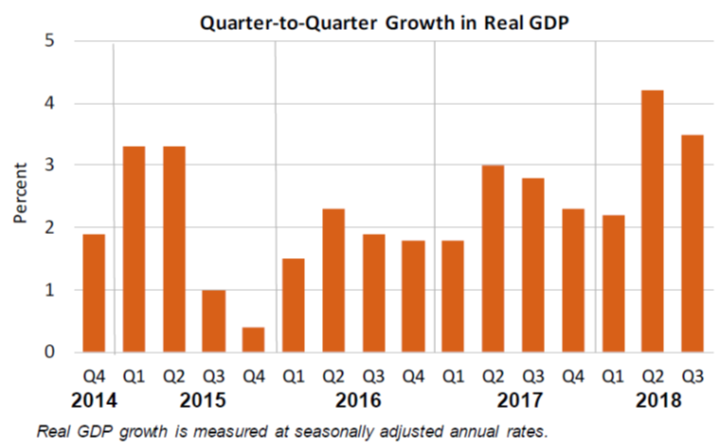
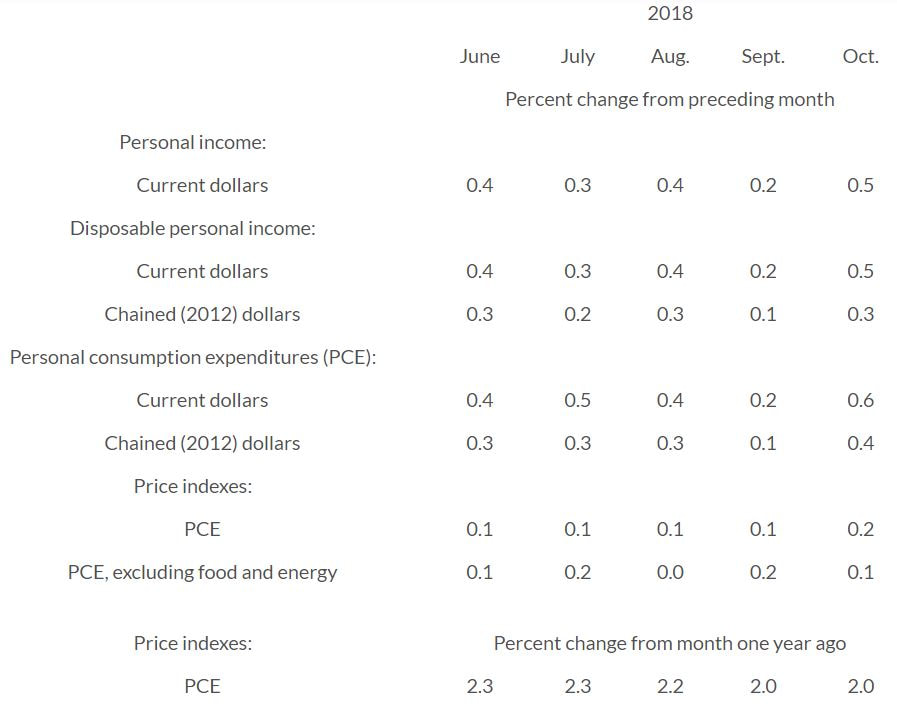
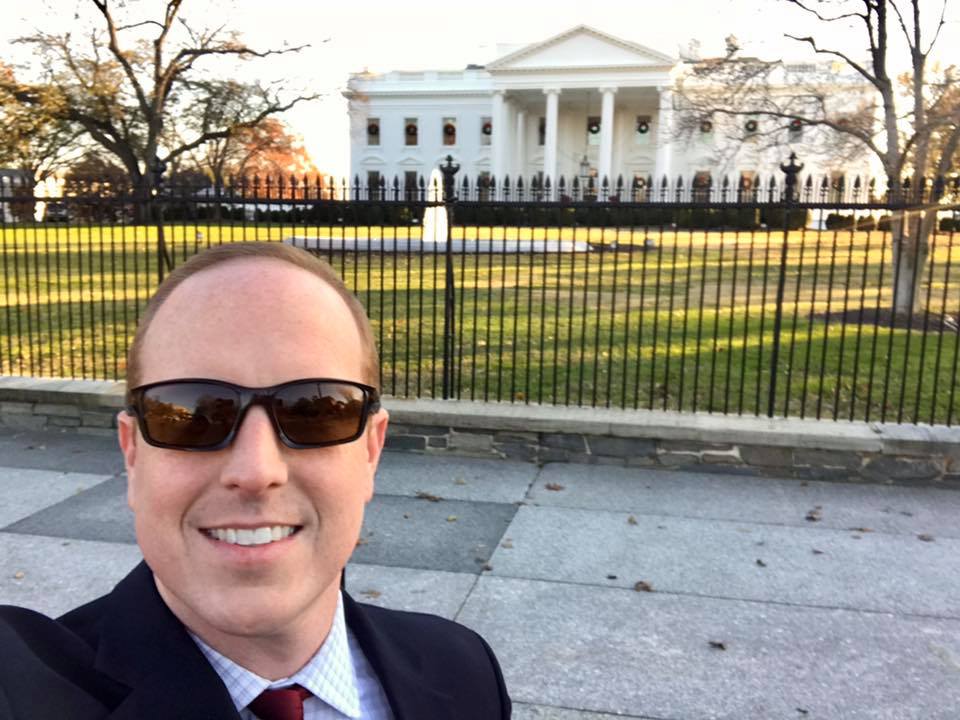
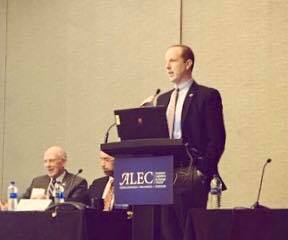
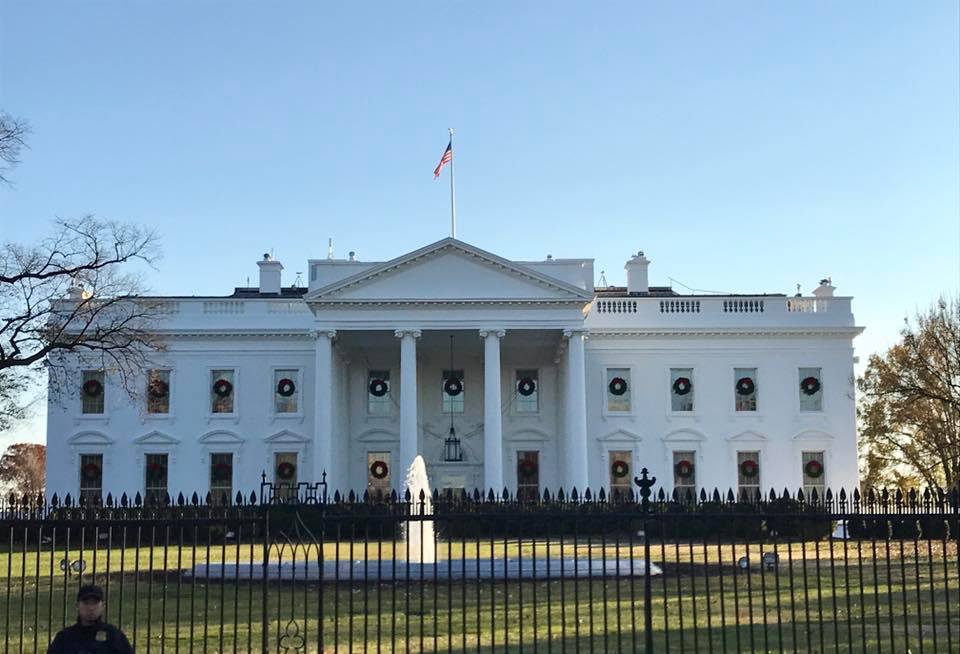
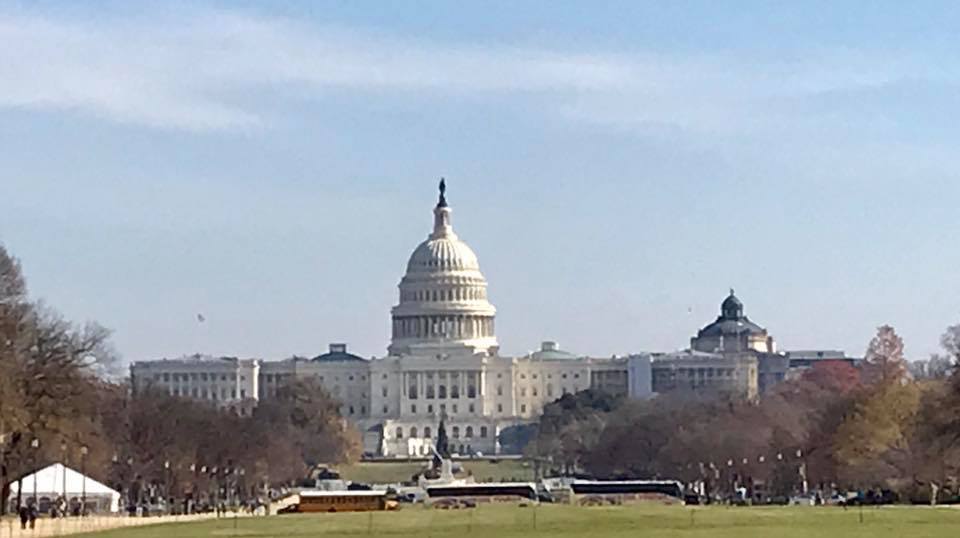
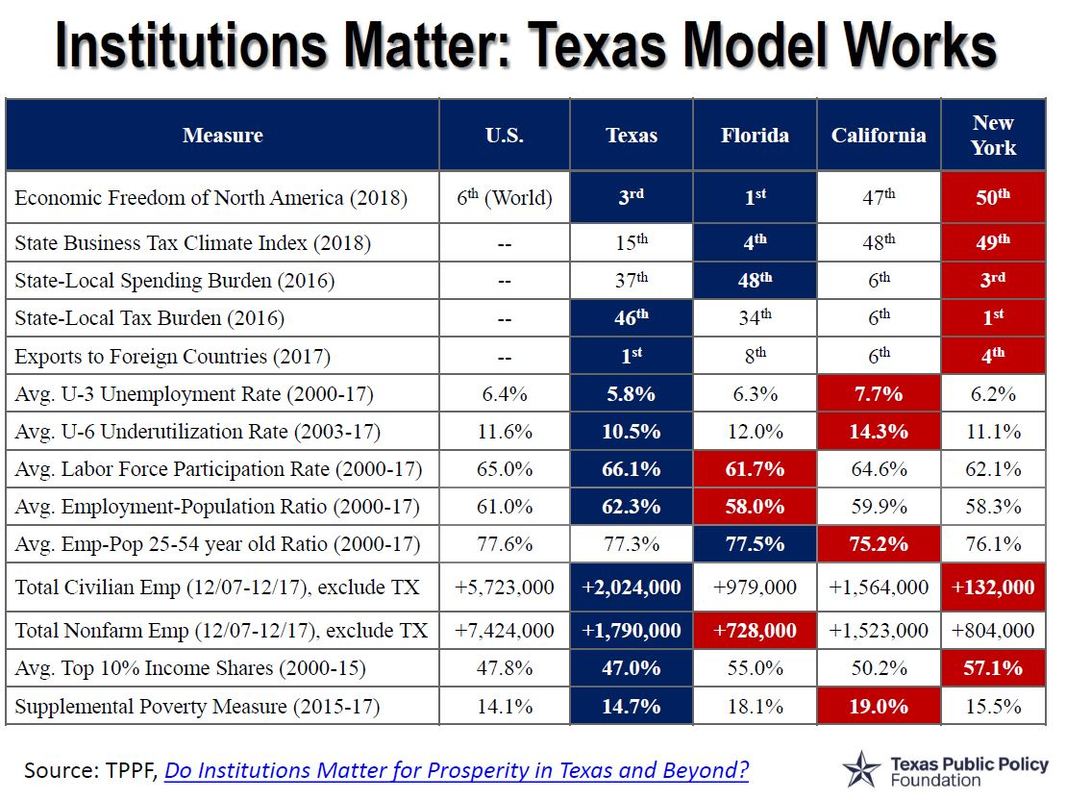

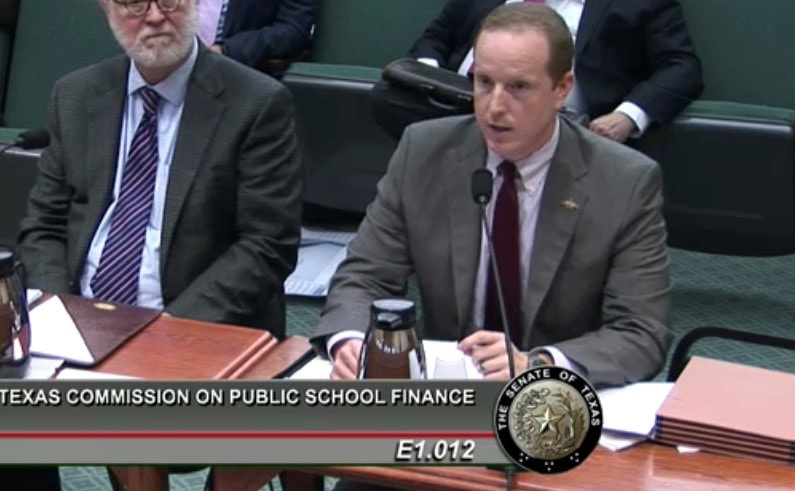


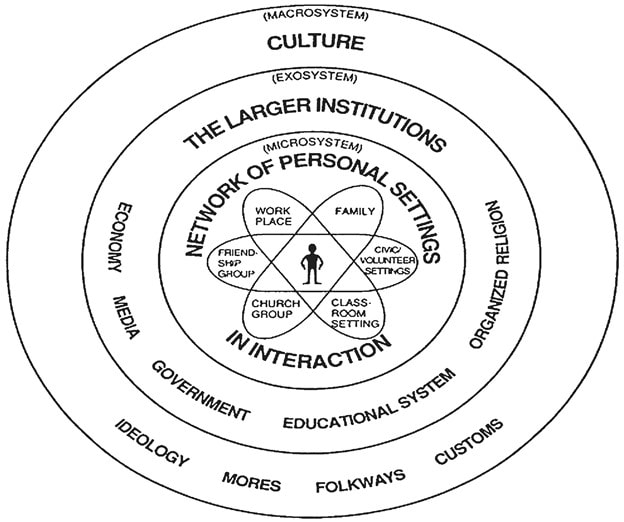
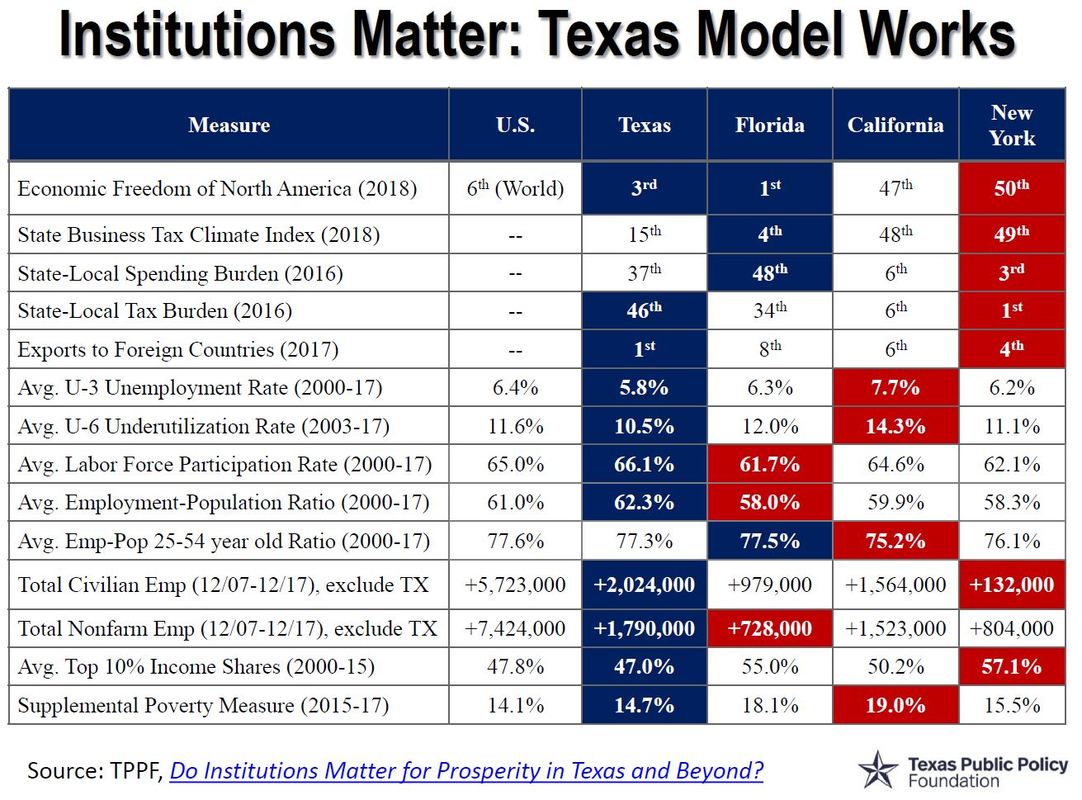
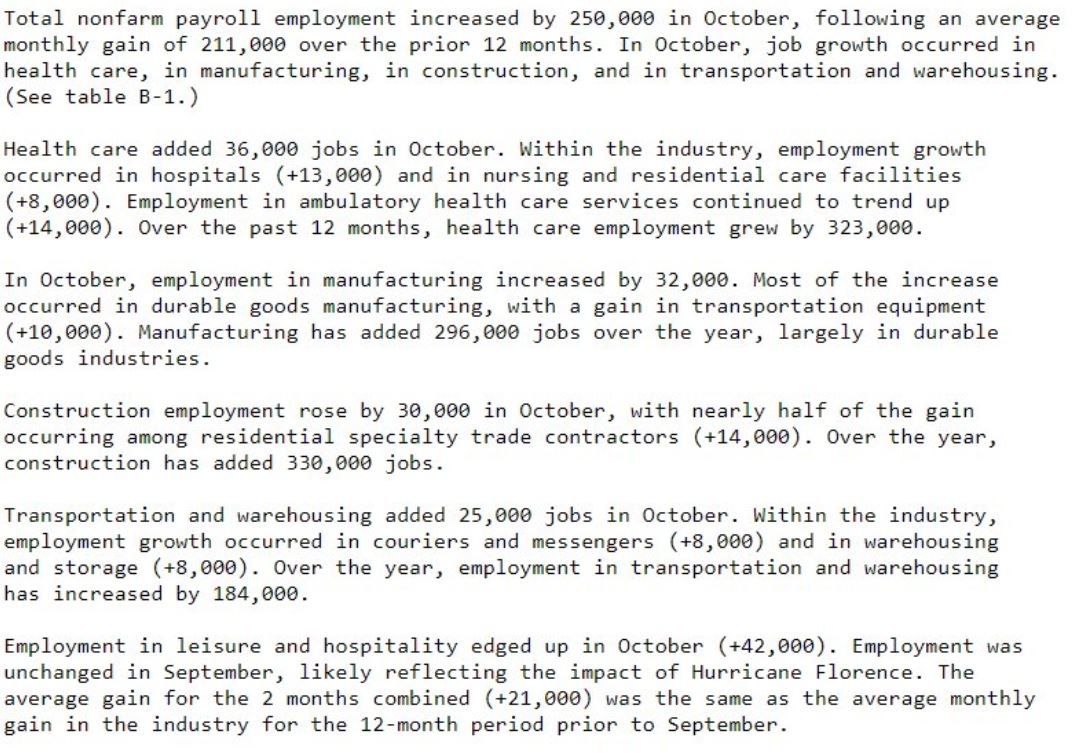

 RSS Feed
RSS Feed